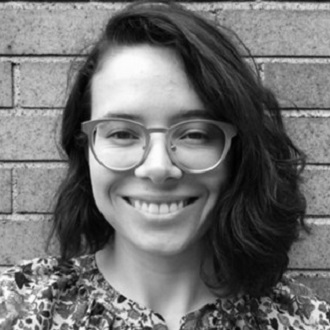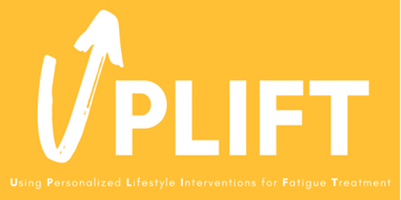 UPLIFT Research Study
UPLIFT Research Study
STUDY BASICS
Are you experiencing fatigue from cancer treatment? Did you complete your cancer treatment at least 6 months ago? You may be able to participate in a research study to help better understand how fatigue affects daily life in people who have undergone cancer treatment and to identify activity patterns related to fatigue. This study may be done online or in-person. Compensation is provided.
STUDY PURPOSE
|
Many people who have undergone cancer treatment experience ongoing fatigue—a sense of extreme tiredness that does not seem to go away. In some cases, this fatigue can last for months or years after completing treatment. Making changes to physical activities can help reduce cancer-related fatigue, but few online interventions provide this type of support. |
COULD THIS STUDY BE RIGHT FOR YOU?
- Ages 18 and up
- Completed cancer treatment at least 6 months ago
- Continue to experience fatigue as a result of your cancer treatment
- Do not have any medical conditions that limit your ability to walk
- Own and use a smartphone (either Android or Apple iPhone)
- Able to read and write in English
WHAT PARTICIPANTS CAN EXPECT
Participants will be asked to wear a Fitbit activity tracker, install a smartphone app that collects sensor data, rate their fatigue on their smartphone three times per day, and meet with the study team online or in person to answer questions about symptoms, quality of life, and fatigue at the beginning and end of the study. Each of the two sessions will take about 20-30 minutes each. These sessions may be audio/video recorded.
IRB: STUDY19110185
- UPLIFT: Using Personalized Lifestyle Interventions for Fatigue TreatmentMEET THE RESEARCHER

Carissa Low
Carissa Low, PhD, is an Associate Professor of Medicine, Psychology, and Biomedical Informatics and Director of the Mobile Sensing + Health Institute at the University of Pittsburgh. Dr. Low received her PhD in clinical and health psychology from UCLA and completed her clinical internship and postdoctoral fellowship at the University of Pittsburgh before joining the University of Pittsburgh Department of Medicine faculty in 2013.
Dr. Low's research focuses on the use of technology to monitor and manage chronic health conditions, with particular emphasis on remote patient monitoring and symptom management during and after cancer treatment.
MEET THE COORDINATOR

Michaela Danko
Michaela Danko received her Bachelor of Science degree in Biological Sciences and Bachelor of Arts degree in Anthropology from the University of Pittsburgh. Before joining Dr. Low’s team as Research Coordinator, she worked as a Research Technician for a biorepository and in museum education. She spends her free time advocating for healthcare access, crafting, and taking classes at Pitt for fun.
 https://pittplusme.org/study/1814
https://pittplusme.org/study/1814
